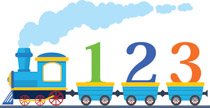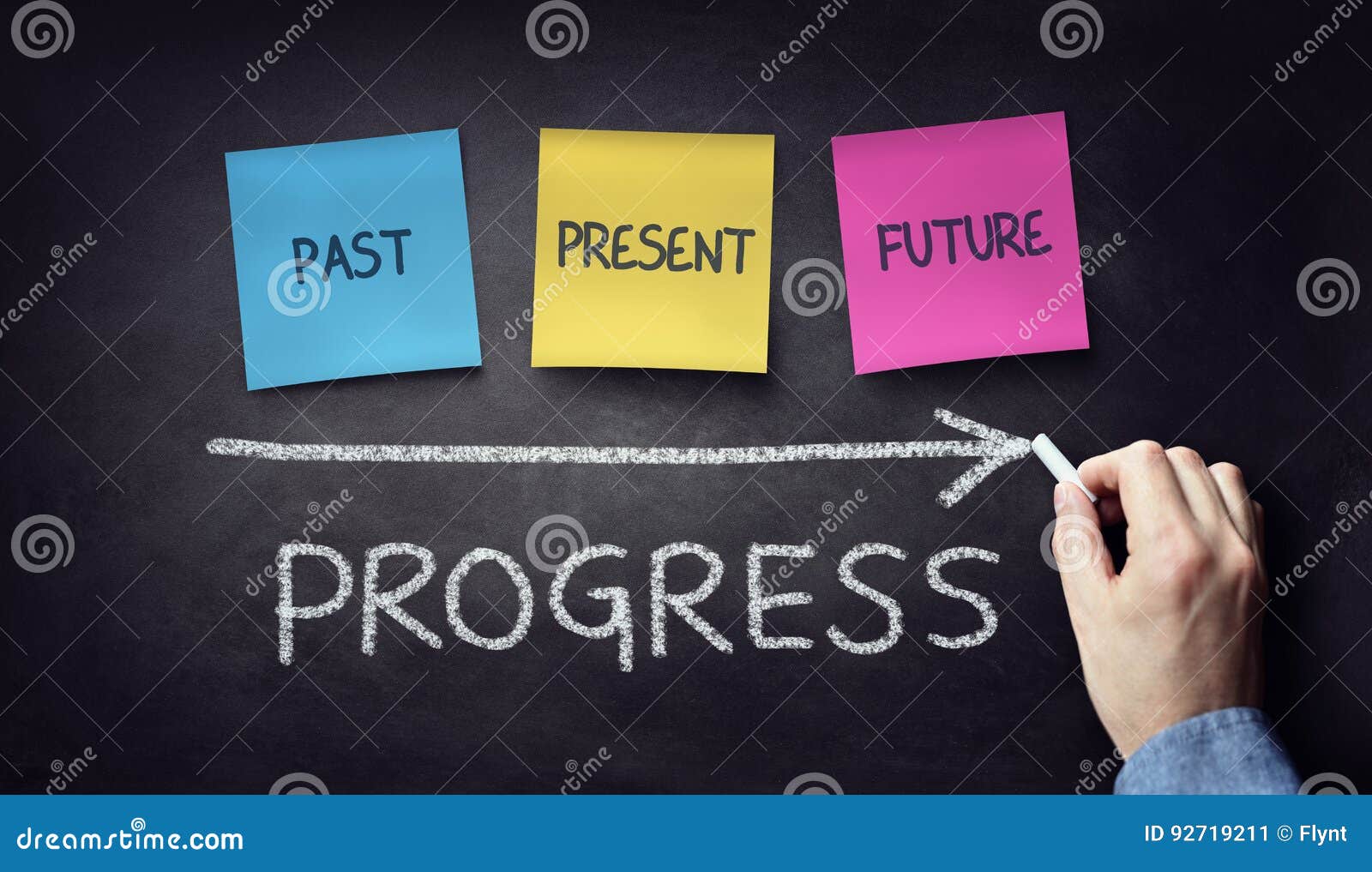First of all, the natural world is full of threes. Atoms, the basic building blocks of life, consist of protons, neutrons and electrons. Now they've discovers Quarks in atoms. I don't know how many Quarks there are, what they do, or where they are in the atom, but it is a cool word--Quark! Einstein's theory of relativity has three parts: E=mc2, Energy equals Mass times the Speed of Light squared. Don't ask me to explain what this means because I have no idea. I didn't understand it in high school Physics class, and I still don't have a clue. We live in a three dimensional world. This I can understand. I can understand why we would not want to live in one dimension or two, but why three, and not four, five or six. All living things have three stages: birth, life and death. Birth is preceded by three trimesters of pregnancy.
Second, let's take a look at culture. Cultures around the world often use the number three. Triangles have three sides. Geometry in high school was one of my favorite classes, partly because of triangles, which have angles that can be calculated with theorums. Pyramids are made up of triangles and are strong constructions that can withstand more force than square or rectangular structures. The ancient Egyptians believed that their pyramids had mystical powers. That's probably why they buried their dead inside pyramids. Some people today believe in Pyramidology: the special powers of pyramids, as a way to preserve food, sharpen razor blades, improve health, and many other things. Christians believe in the Holy Trinity: the Father, Son, and Holy Spirit. A lot of pop culture is divided into threes. Remember that Jackson Brother's song, "Easy as 1-2-3, as simple as ABC, ABC, 123, baby you and me..." How about all the TV programs and bands we have watched and listened to over the years? The Three Stooges, Three's Company, My Three Sons, Earth, Wind, and Fire, Three Dog Night. Remember them? We have many words in English that divide things into three parts: trio, triad, triplet, tripartite, triathlon, trifecta, trilogy, triumvirate, the trinity are examples.
Third, and finally, our bodies are made up of three major parts: head, torso, and limbs. The torso has a chest, abdomen and back. Each of our limbs can be divided into three parts and three joints. Our arms have an upper arm, forearm and hand, with shoulder, elbow and wrist joints. Our legs can be broken up into thigh, tibia, and foot, each with three joints, a hip, knee and ankle. Now, I can't explain why we don't have three toes and three eyes, but I guess you can't have everything. To end on a personal note, I have been married for 33 years, have three daughters, and three grandchildren. Isn't that interesting?
In conclusion, the number three really does appear to be an important number in our world. We just don't know why. Is this just a coincidence, or is it God's sense of humor?



